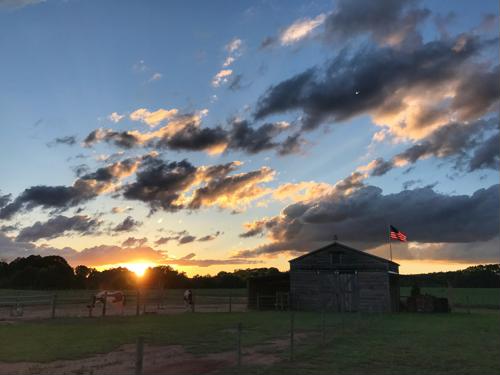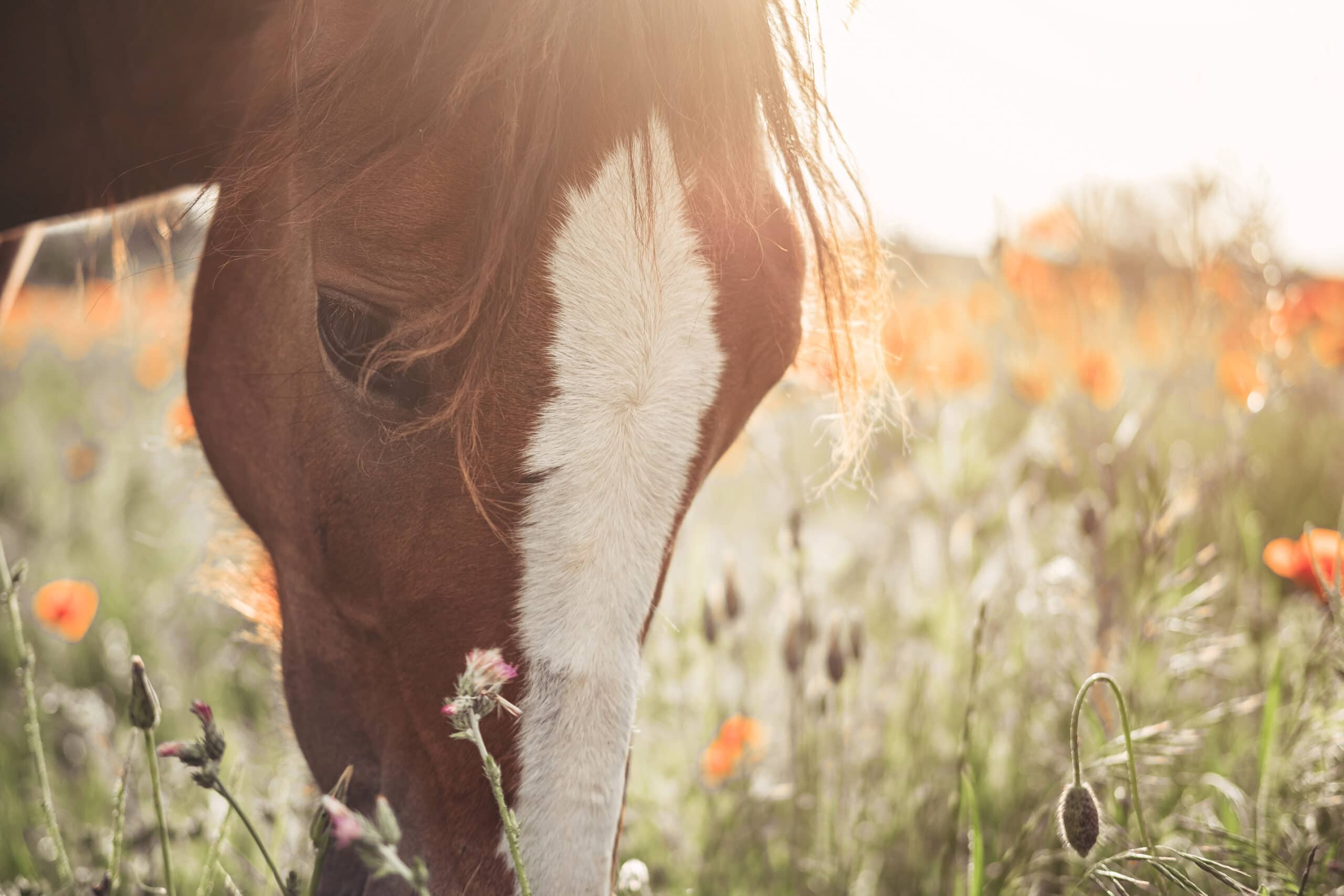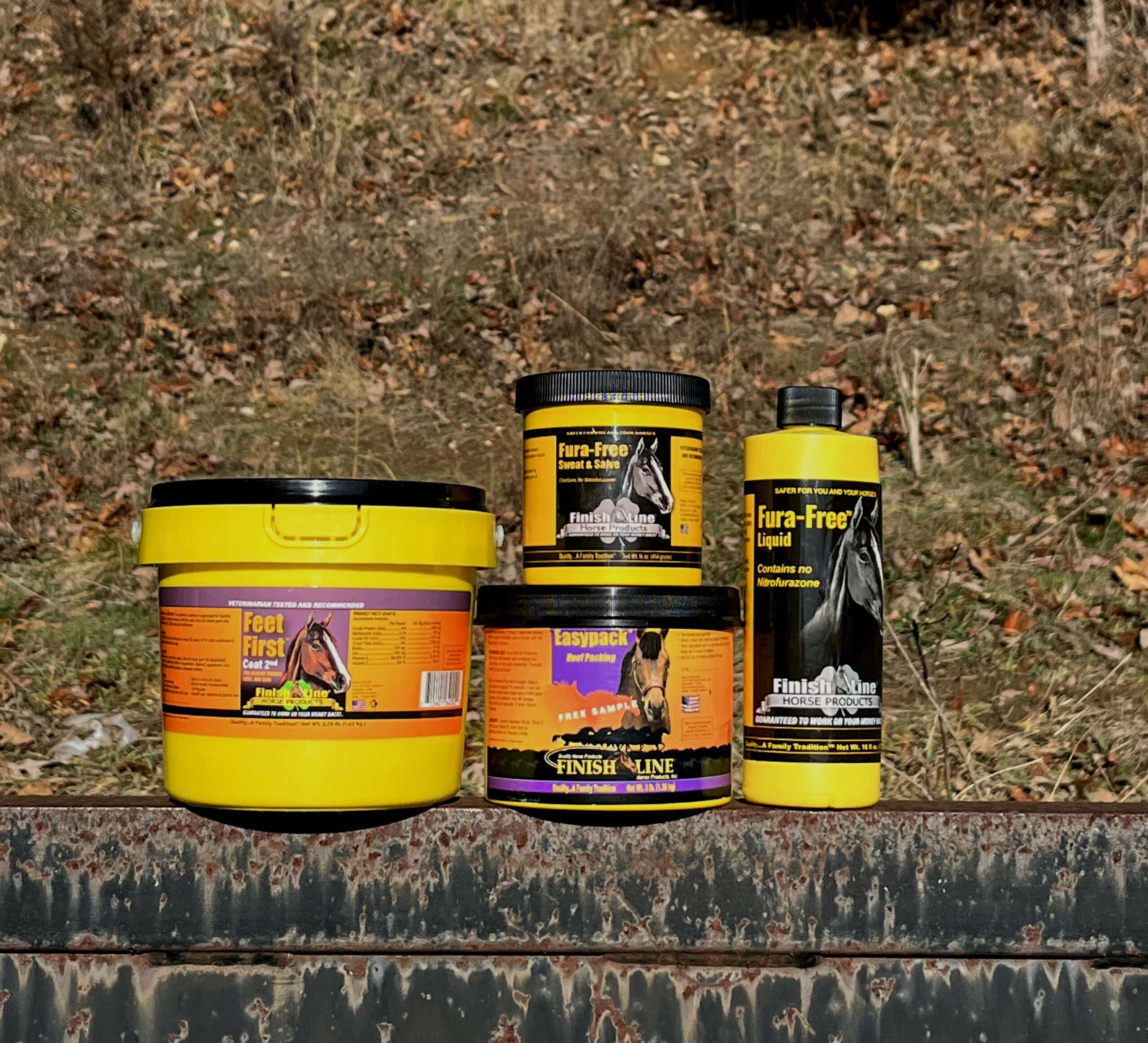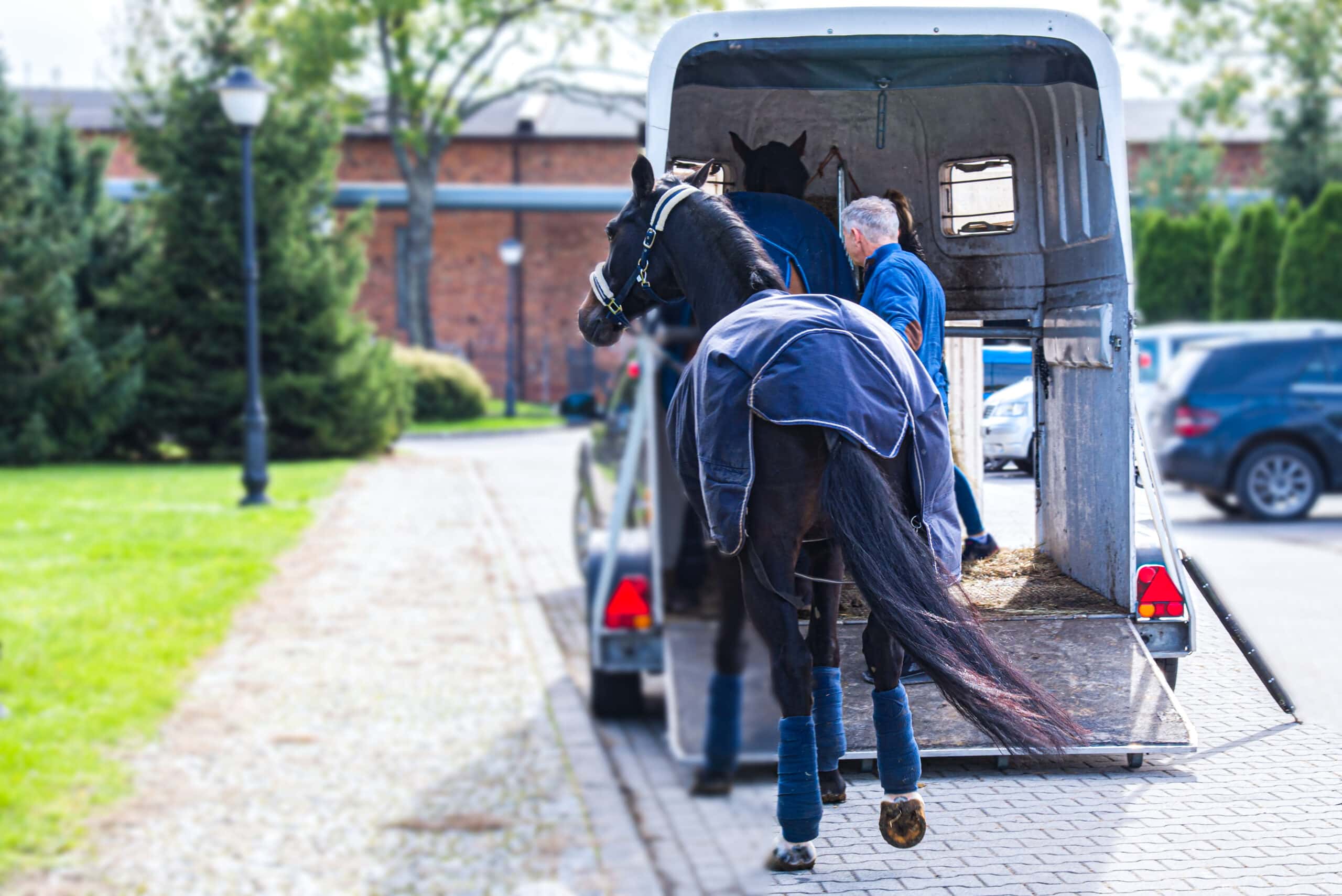While you focus on your horse’s nutrition and wellbeing, it’s easy to overlook the water it’s exposed to every day. Water, however, is central to overall health – water affects an animal’s health and quality of life. Using a supplement such as Electrocharge from Finish Line to increase a horse’s hydration levels is highly beneficial, but you should also examine what your horse is drinking throughout the day. Whether your horse drinks from a pond on your property or a water tub in the barn, you can take measures to understand whether a water source is potable and what you can do to give your horse higher-quality water.
Research water in your area
Water quality varies from region to region, so spend some time researching what the water is like where you live. You can use a website like EWG’s Tap Water Database to look into the water conditions by state or ZIP code in the U.S.
Some regions have pollutants in their water while yet still adhere to federal guidelines, and this may be the case where you live. Or you may find your area has higher contamination levels in tap water that you wouldn’t be comfortable drinking yourself or allowing your horse to be exposed to.
If your horse drinks from a natural source such as a pond or well water on your property, you’ll have to examine the water up close. If you haven’t done so yet, you should request a water test conducted by your state or county that can give you the information you need. Ideally, these tests should be run annually to keep an accurate record of what your horse and any other animals are drinking.
Keep the water tub clean
“There are measures you can take to improve the quality of water your horse is drinking.”
Fortunately, there are some measures you can take to improve the quality of water your horse is drinking. If it drinks from a tub, make sure to keep it clean. It’s best if water buckets are emptied and refilled each day with fresh water for your horse’s stall and cleaned regularly with an antibacterial soap.
Emptying large tubs of water every day isn’t exactly realistic, however. Add fresh water to the tubs instead and focus on preventing algae growth. You can use stock tank cleaners made of natural solutions to break down harmful algae and sludge.
Some of these products are dropped into the tank and left for 30 days. The dispensers will release doses of enzymes or bacteria to break through harmful buildup on a daily basis. Others come in dissolvable tablets you add to the water tank on a regular basis. Before you begin using any cleaners, however, give the tub a good scrub to start out with a fresh surface.
Manage groundwater contamination
If your animals drink from a well or natural source such as a spring or pond, take a look at the water itself. Your horse may be drinking from a contaminated source even if it drinks from flowing water rather than still. After you’ve had a thorough water testing run at home, look for any trouble areas that you may be able to fix.
“Manure is one of the biggest contributors to groundwater contamination.”
One of the biggest contributors to groundwater contamination is manure. You may be unwittingly affecting your horse’s drinking water by improperly storing manure that horses, cows and other animals produce. You’ll be able to tell if this is affecting your horse if your water test comes back with high levels of coliform, bacteria that in itself is not dangerous signals an issue with run off. High levels of coliform also indicate that your well may be in need of repairs. Consider whether your well has a broken cap that lets in insects, rodents or storm debris inside, contaminating the water.
Once you’ve identified the problem, make adjustments to manure storage to reduce risk of negatively affecting ground water. Place manure piles in elevated areas rather than at lower points on your property. This area should also be well-draining – during storms, make sure manure piles are not accumulating any puddles. You should also pay attention to whether rainwater flows through any manure. If it does, this will pose a problem for your water supply. Also make sure this run off does not head toward any pond your horse may drink from. You can improve your horse’s drinking water simply by shifting where you store manure.
It’s also smart to keep track of whether your horses have to navigate near or over manure piles. If they do, it’s time to make a better effort to keep these areas clean. As horses walk, they will spread the manure on the ground, further corrupting groundwater, albeit in lower levels.









